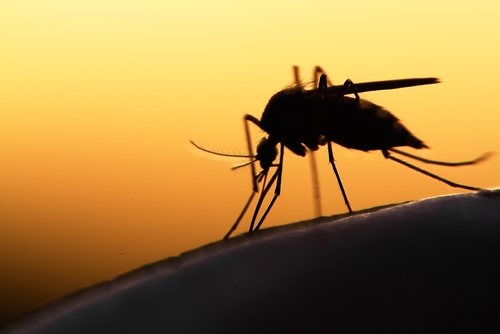A medical case study, just published in medical journal The Lancet, serves as a stark warning of the dangers of buying medicines when travelling.
Doctors in Spain report in the journal how they treated a 28-year-old woman who became dangerously ill as a result of being sold a counterfeit malaria drug whilst travelling in Equatorial Guinea.
She had previously developed malaria three times when visiting the country and treated it on each occasion successfully using locally-sourced artesunate combined with another drug (sulfadoxine-pyrimethamine).
The drugs that the patient had purchased – supposedly Artesunat produced by Vietnamese company Mekophar – were sent to the London School of Hygiene and Tropical Medicine (LSHTM) for analysis and there confirmed to be fake, despite being sold in convincing packaging that, upon cursory inspection, appeared to be authentic (see image below).
Once treated with genuine artesunate, the patient recovered within three days and was discharged from hospital.
The report draws attention to several distinctive features on the packaging of the fake drugs, including spelling mistakes, according to the authors, from the Clinica Universidad de Navarra in Spain and the LSHTM.
It comes after a May 2012 review in The Lancet Infectious Diseases warned that up to a third of antimalarial drugs sold worldwide could be fake.
“Counterfeit and substandard antimalarial drugs can effectively kill people taking them in endemic areas,†they write in the report. “They may also have a role in the genesis of resistance, since some samples have been found to contain subtherapeutic quantities of artesunate.â€
